Take a seat. Relax. Breathe. And now…listen from the heart. Speak from the heart. Speak leanly and spontaneously. Speak when you have the talking piece. Listen when you don't.
The practice of council is both ancient and modern, with roots in every civilization as well as in contemporary organizational management disciplines, progressive schools, modern rites of passage programs, and any situation where people want to move past small talk. Sitting in council, using the heart more than the head, we remember what has been lost as we moved from tiny communities to large cities to technological bunkers. This practice is in our bones. We just have to be reminded that we already know how to do it. We just have to remember.
As we reveal the stories behind our opinions, we recall the power of collective wisdom. In council, we expect different, even contradictory, points of view. All are equally valued. The boundaries of the individual voice and the voice of the circle interweave, whether this is a council with children, the incarcerated, senior citizens, pregnant mothers, pilgrims, families, lovers, corporate executives, tribal elders, homeless youth, teachers, parents or a meeting of former strangers. Council is as much about the space between the words as it is about what is being said.
LISTENING IN PRISONS
There are no deeper, richer councils than those taking place in prisons. For the incarcerated, simply to be invited into a non-hierarchical circle, to speak with safety and to be heard non-judgmentally is to be invited into profound reflection. This can be the beginning of a path toward reconciliation, and the restorative practices that reduce recidivism.
If you could give a gift to anyone, who would you choose and what would you give?
I'd give the gift of my freedom to my parents, so I could take care of them before they die and so they could feel like they weren't total failures in bringing me into the world.
I'd give back the life I took.
What are you thankful for?
I'm thankful for my little baby boy and his daddy. Without them, there'd be no reason to wait for a release date.
I'm thankful for this time, right here, right now, to look at why I made the bad choices I made, and to do better when I get out.
CIRCLES OF MOTHERS AND DAUGHTERS
On or around Mothers Day each year, Kate and Phoebe Lipkis gather with mothers and daughters aged 12 to infinity in a wild, natural setting for two sweet days and nights to explore this intense bond. Honoring our female ancestors, acknowledging our need for time alone and with each other, the weekend brings ritual and meaning to both the triumphs and the challenges, and uses council to speak and listen to heartfelt truths, witnessed by a tender circle. Typically, we come to discover that we are not alone in our struggles to give and forgive, to love and let live.
For more information about the next Annual Mother Daughter Council Retreat, contact Kate.
BUILDING ORGANIZATIONAL TRUST
Who gets their way in a meeting? The one that talks loudest or longest? Do you really have to listen to every single person around the table repeating what the last person said? How do organizations deal with transitions, conflict, comings and goings, team building, trust?
The practice of council can lessen conflict, build team cohesion, circumvent grandstanding, level the playing field, lower the volume in meetings, heighten compassion between colleagues, raise social-emotional awareness, increase productivity, decrease stress-related illness and generally improve listening across the board.
For more information about council training for your company or social profit organization, contact Kate.
LEARNING IN A CIRCLE
While, as children, we may have learned to reduce our messages to zingers and to shout a little louder to be heard above the din, the practice of council helps us to relax into the role of listening, reinforcing the notion that with good intention, a different, more compassionate identity is possible. By learning how to listen to both peers and adults in the circle, children are given the right to speak and be heard.
Teachers use council to test for prior knowledge and as a post-lesson assessment. Council is invaluable in dealing with myriad social-emotional issues that arise sometimes on an hourly basis from kindergarten through twelfth grade. Schools that have woven council practice into their culture use it in staff meetings, offer it to parents, encourage arguing students to sit and "work it out" with a talking piece, hold student-led "council clubs" at lunchtime and run for it during times of campus or community crisis.
Parents report that monosyllabic teens become eloquent with a talking piece in their hands. Students introduce the practice at home, beginning the tradition of family council that can include little ones as young as 3 months. Grandparents, then, have a way to share their memories and elder wisdom when their grandchildren feel ownership of the practice.
To learn more about how council works in schools, look here or contact Kate.
ON CEREMONY
Mindful conversation doesn't just happen; it's created. When you sit in council, you generate a center, dedicate the time, pass a talking piece, follow intentions, and find a way to close. These are the aspects of council that set time apart, and create memorable, meaningful ways to mark a beginning, an ending, a meeting, an evening, a difficult conversation, a joyous celebration, a lesson, a rite of passage. Give council a try!

